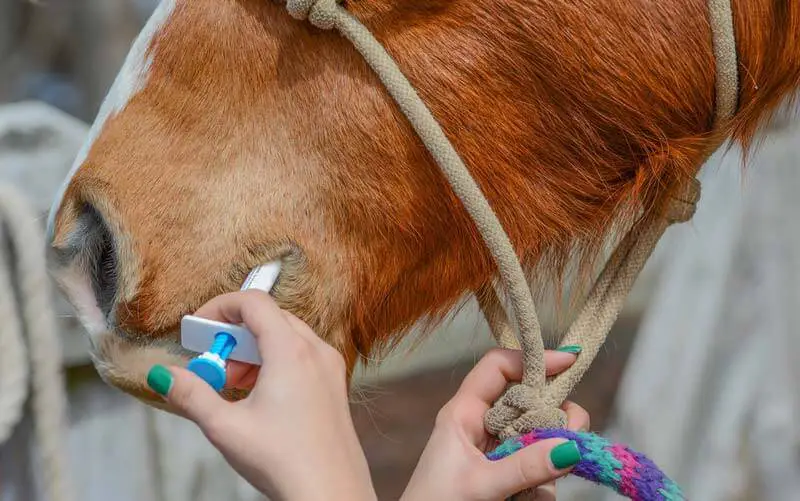
As the seasons change from Winter to Spring, it’s an ideal time to review your horse’s health with your veterinarian. With Spring comes a more active riding and competition schedule, and an assessment of your horse will help to maximise their performance.
Our veterinarians are an excellent resource for advice on all aspects of horse management, including preventative medicine, nutrition, body condition, behavioural problems and hoof care. Use Spring to treat your whole horse to gain the most out of the warmer months.
Health Care
Before the busy season begins, a physical examination by your veterinarian will give your horse the best start to an increasing workload. Not only will your vet be able to identify any issues that may affect your horse, but you can also discuss nutritional and training strategies.
Vaccination and parasite control are central to your horse’s health. The threat of parasites and biting insects increases as the weather warms, so the start of Spring is the perfect time to protect your horse with vaccinations, de-worming and a faecal egg count.
Hoof Care
Spring brings many challenges to your horse’s hooves, particularly if they’re kept in soggy or muddy conditions for prolonged periods of time. Thrush and hoof abscesses are common in the wet. A consultation with your vet will aid treatment and prevention.
If your horse is encountering any hoof problems in hand or under saddle that relate to shoeing or trimming, it’s important that you resolve these issues well ahead of travel and competitions. Your veterinarian will be able to offer advice on the hoof care solution your horse needs.
Nutrition
Finally, adequate nutrition and pasture management play a massive role in your horse’s health, energy and immunity. The transition from Winter to Spring can leave your horse susceptible to acute and chronic conditions, like colic or laminitis, if diet changes aren’t managed correctly.
Likewise, incorrect feed storage, resulting in contamination by vermin or mouldy hay, can have devastating consequences for your horse. Seek advice from your veterinarian about your horse’s nutritive requirements and safe storage practices on your property.



